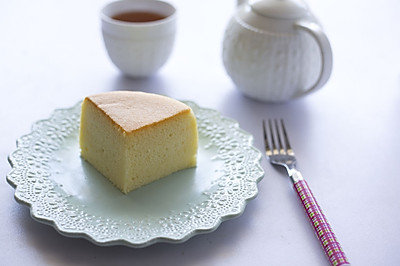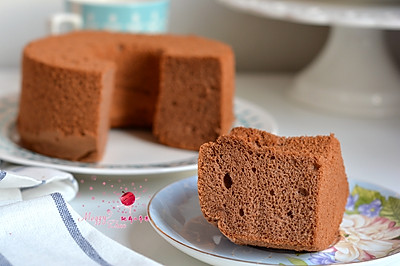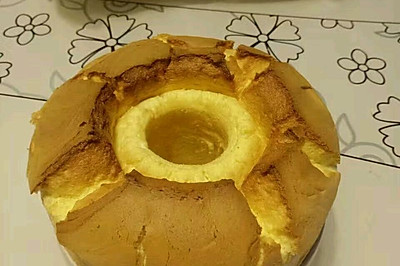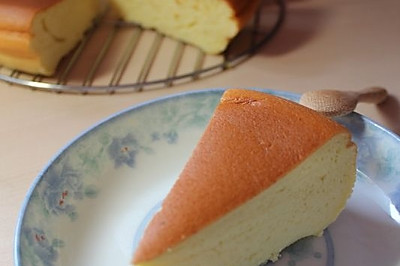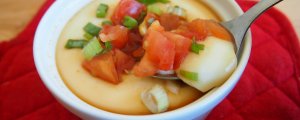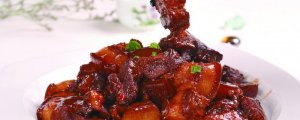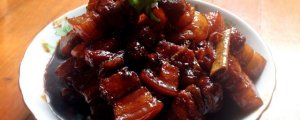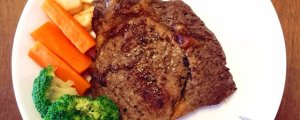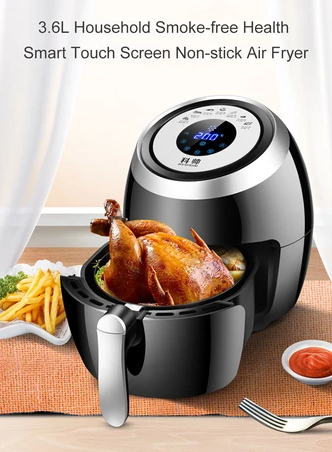
Kekeqifeng cake roll (from the central island teacher's recipe)
(815143 views)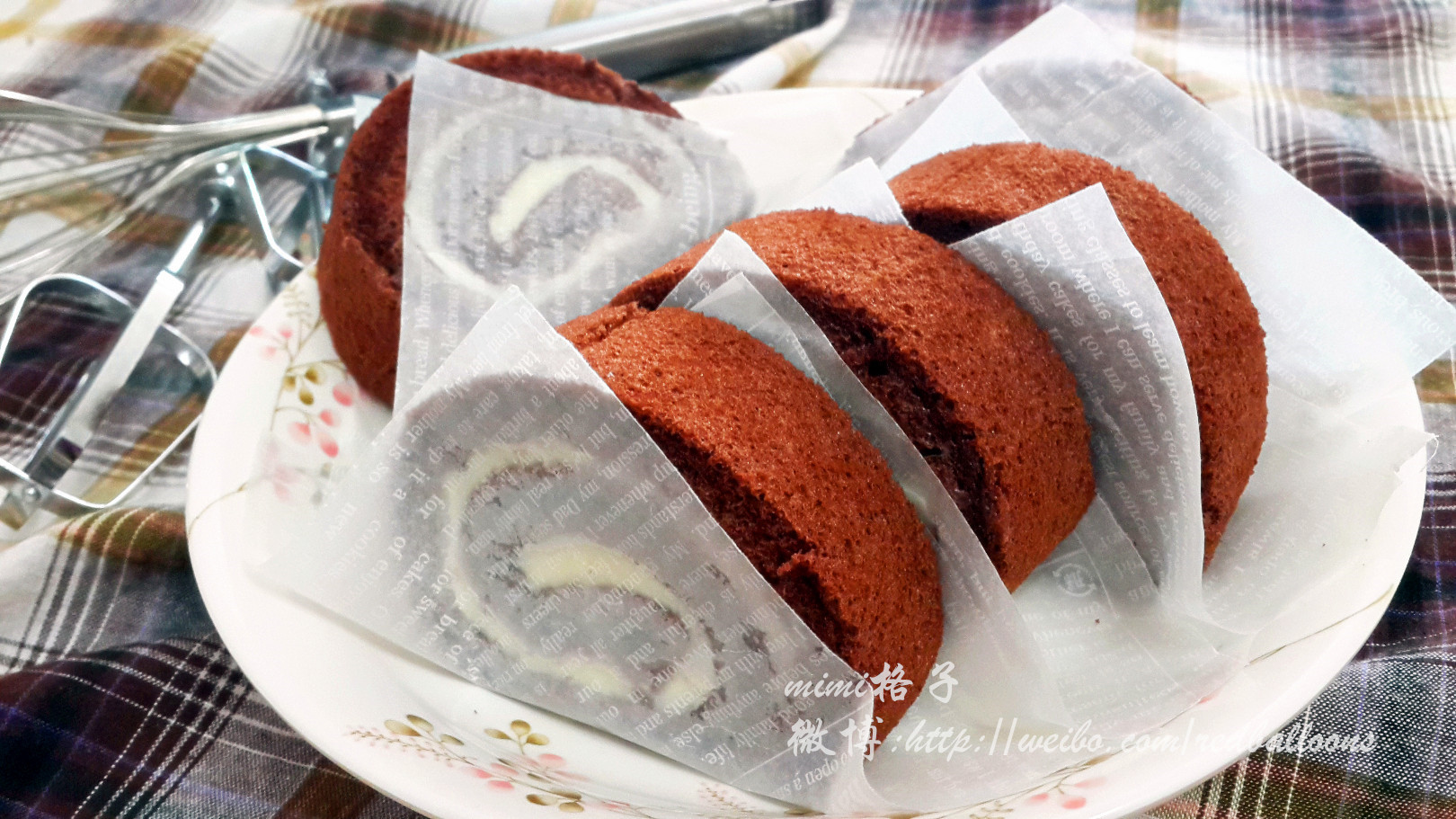
I just bought a set of Nakajima teacher's book a few days ago. Random selection starts from cake roll. The first operation is successful. You can try it.
Cooking ingredients
Cooking Steps

Step1:Lay oil paper on the baking tray in advance for standby (the size of baking tray is - external diameter 36.5cm * width 29.5cm

Step2:Put egg yolk and protein into two containers respectively (Note: the container must be dry and free of oil and water marks). Put the protein container into the refrigerator first (cold storage can help the protein to be better sent later

Step3:Next, make the yolk paste - the yolk container. Add 30g of sugar at a time

Step4:Beat with the egg beater until it turns white. It doesn't matter if the sugar hasn't melted completely. Then add water and oil. Stir evenly

Step5:Mix cocoa powder and flour and sift them together. Pour them into the egg yolk (low gluten flour is preferred. If not, you can also use the flour sold in the supermarket. However, low gluten flour is recommended for pastry making

Step6:Whisk the batter until it is free of flour particles. Lift the whisk. The liquid can fall down slowly and see traces. (if the paste is dry after mixing, add a small amount of water properly. Note that the paste is not too thin

Step7:Take the frozen protein out of the refrigerator. Use the electric beater to adjust it to the middle level. Beat it to the blister by the way of clockwise needle circling

Step8:Then add three times of fine sugar respectively. Whisk them away quickly (Note: after each time of adding sugar, the coarse bubble slowly turns into a fine bubble. Feel that the sugar and the bubble are completely combined. Add the next time when there is no granular feeling. Then whisk...

Step9:After the protein is sent, you will find that the bubbles are more and more delicate. At this time, you can stop movin

Step10:Turn it into a hand beater. Circle it clockwise for about 1 minute. Lift the beater. It is in the state of soft hook not falling (until it is in the state of wet foaming. When it is lifted, it is in the state of soft and delicate hook. The cake roll does not need to be beaten to the hard one. When it is rolled up, the hard baked egg roll is easy to crack

Step11:How to check whether the protein cream is in place - lift the container and stand upside down. The protein in it will not fal

Step12:Take 3 / 1 of the protein and put it in the yolk batte

Step13:Use the eggbeater to stir clockwise. No protein can be seen

Step14:Mix the yolk batter and pour it all into the remaining crea

Step15:Use a scraper to scrape and slide from the bottom. Turn the direction to scrape and then scrape and scrape. Repeat to mix quickly and evenly

Step16:Pour batter in and bak

Step17:

Step18:

Step19:

Step20:

Step21:

Step22:

Step23:

Step24:

Step25:
Cooking tips:1. Most of the materials written in the book are Japanese materials. They can also be replaced with materials that can be bought at ordinary times. I don't think it will have a big impact - for example, the yellow sugar in the book can be replaced with fine sugar. Flour can be replaced with low gluten flour or medium gluten flour. Rapeseed oil can be replaced with blending oil. 2. The puffiness of the cake roll and it will not crack when it is rolled. It mainly depends on the protein cream. When it is whipped to the wet foaming state, it will be OK. When lifting the egg tap, it will be soft A delicate hook is enough. The cake roll doesn't need to be hard. On the contrary, the hard baked cake roll will crack easily when it is rolled up. 3. Lattice has recently researched and practiced the classic recipe of xiaoshanjuan. I think this recipe is more suitable for novices to operate. It is published in my recipe or menu. You can also try it. Turnip and green vegetables have their own advantages. There is always a recipe that is suitable for your operation and will not fail - xiaoshanjuan http-// www.douguo.com/cookbook/1075094.ht
 Chinese Food
Chinese Food

